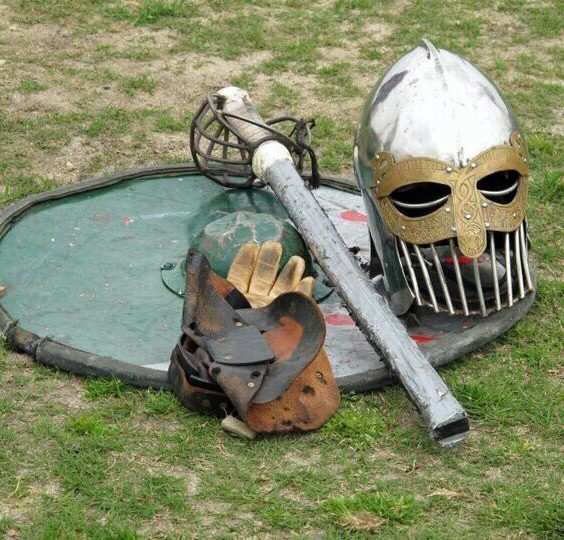This Stuff:
This is a survey of the history of women in America following European colonization until the end of the 1960s. It is broad, covering some four hundred years, and seeks foremost to cover the everyday life of women from all strata of society. What was childbirth like in colonial New England? How did one seek a mate in Victorian society? How did a woman (…and it was the woman for most of the time) arrange a household and raise children?
Author Collins shows outliers as well as everywoman. For example, a handful of women fought in the Continental Army during the American Revolutionary War, some alongside their husbands. One, Margaret Corbin, took over for her husband after he was slain at the Battle of Fort Washington, was wounded herself, and received a military pension until her death in 1800.
It is stories like these that make the book eminently readable. Collins is at pains to include African American as well as different ethnic groups with the waves of immigration in the 19th century.
Thoughts:
It is the nature of a survey to be broad but not necessarily deep. In addition, the book is old enough now that some additional information has come to light. For example, Collins states that Margaret Corbin, she of Revolutionary War fame, was buried at the West Point Cemetery. When she wrote the book, this was the best information available. In 2017, it was discovered that the remains exhumed and reburied there belong to an unidentified male. The whereabouts of Margaret Corbin’s remains, assuming any exist, are unknown.
There are harrowing stories of women’s fight for suffrage during the 19th century. Some women in Great Britain went on hunger strikes and were force fed. Others, like Susan B. Anthony, voted before women were granted the right to do so, and simply refused to pay the fine she received. It didn’t change the law, but it makes for a good story.
One of the shortcomings of surveys like this is there is little room or time to examine many issues closely. On page 310, Collins writes:
“In the most spectacular act of British militancy, Emily Davidson threw herself in front of the King’s horse during the running of the English Derby in 1913, achieving instant if gruesome martyrdom for the cause.”
Davidson did indeed run onto the racetrack, carrying a banner with a suffrage message, and was killed, trampled by a racehorse. Feminists branded her a “martyr,” but precisely what happened is less certain. Recent analysis of newsreel film taken that day* shows her trying to tie a scarf to the horse’s bridle.
Her actions were foolhardy, perhaps. This article came out long after the book was published, but from the beginning, there has always been uncertainty as to what Davidson was doing. Collins makes no allowance for that uncertainty.
Initially, the press seemed to have recorded confusion.
A second example shallow information arises during the story of Collins recounts of Elizabeth Eckford (pp. 418-420), one of the Little Rock Nine who integrated the high schools in 1957, and Hazel Bryan Massery, who is captured in a picture screaming at Elizabeth. Collins quotes Massery shouting things like, “Go back to Africa.” Other sources expand on her comments: “Go home, nigger! Go back to Africa!” Massery later apologized. Collins writes, (p. 420), “the two women became friends.”
They did, for a while, but their relationship was complicated, as depicted in this article.
My understanding is that the two women have parted company but are not enemies.
I recommend this book because it is full of fun anecdotes, and it makes for great reading. Collins spent some time researching. Just the same, I would have to regard it as a starting point rather than a conclusion.
*The clip is easily assessable online. I chose not to watch it because I can’t watch a human being trampled to death, even though I know it was a long time ago and the troubles of everyone in the film (including the horse) are long over.
Title: America’s Women: 400 Years of Dolls, Drudges, Helpmates, and Heroines
Author: Gail Collins
First published: 2003

